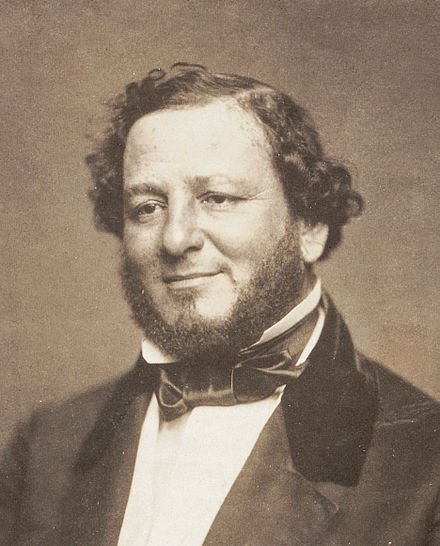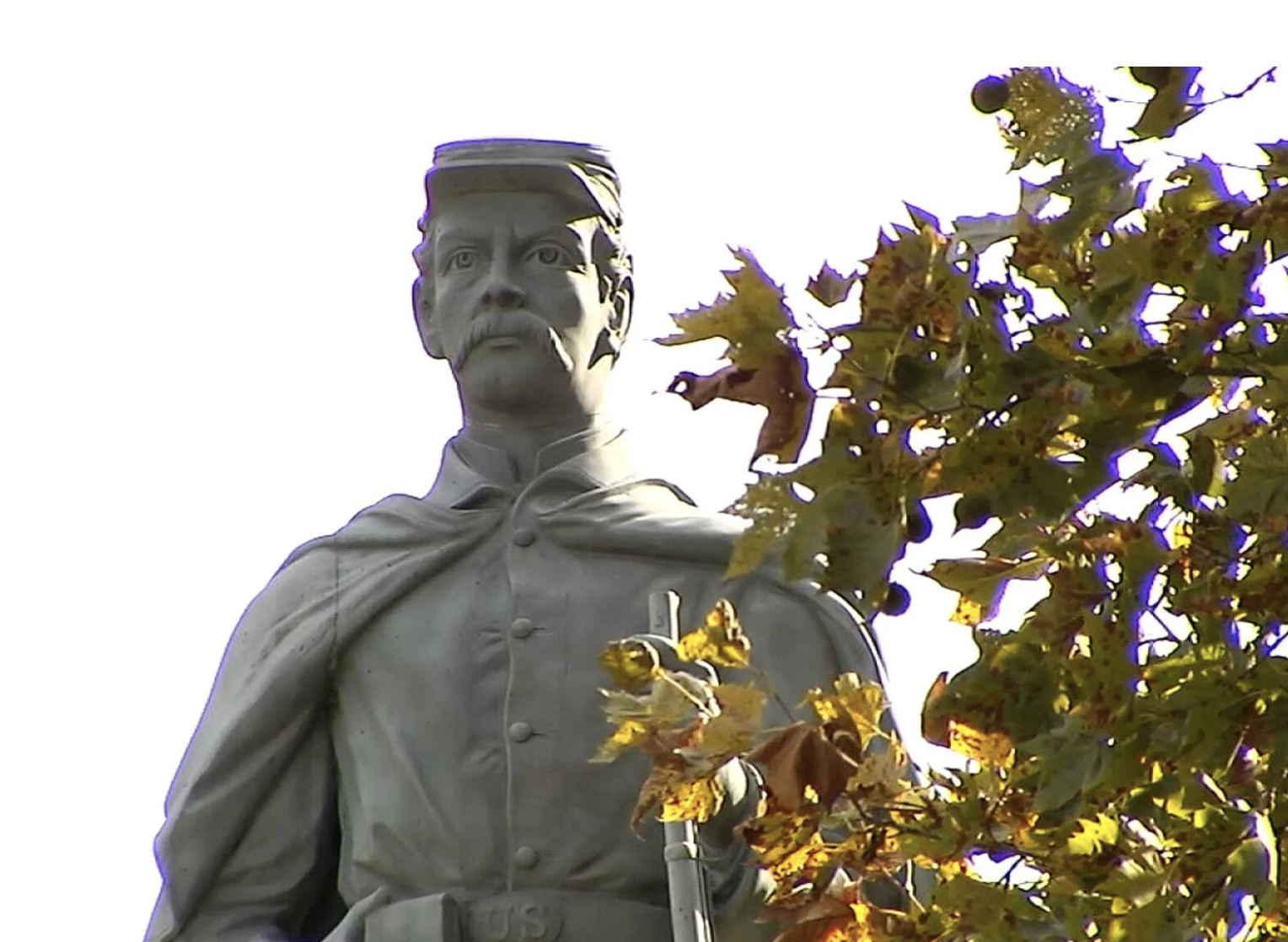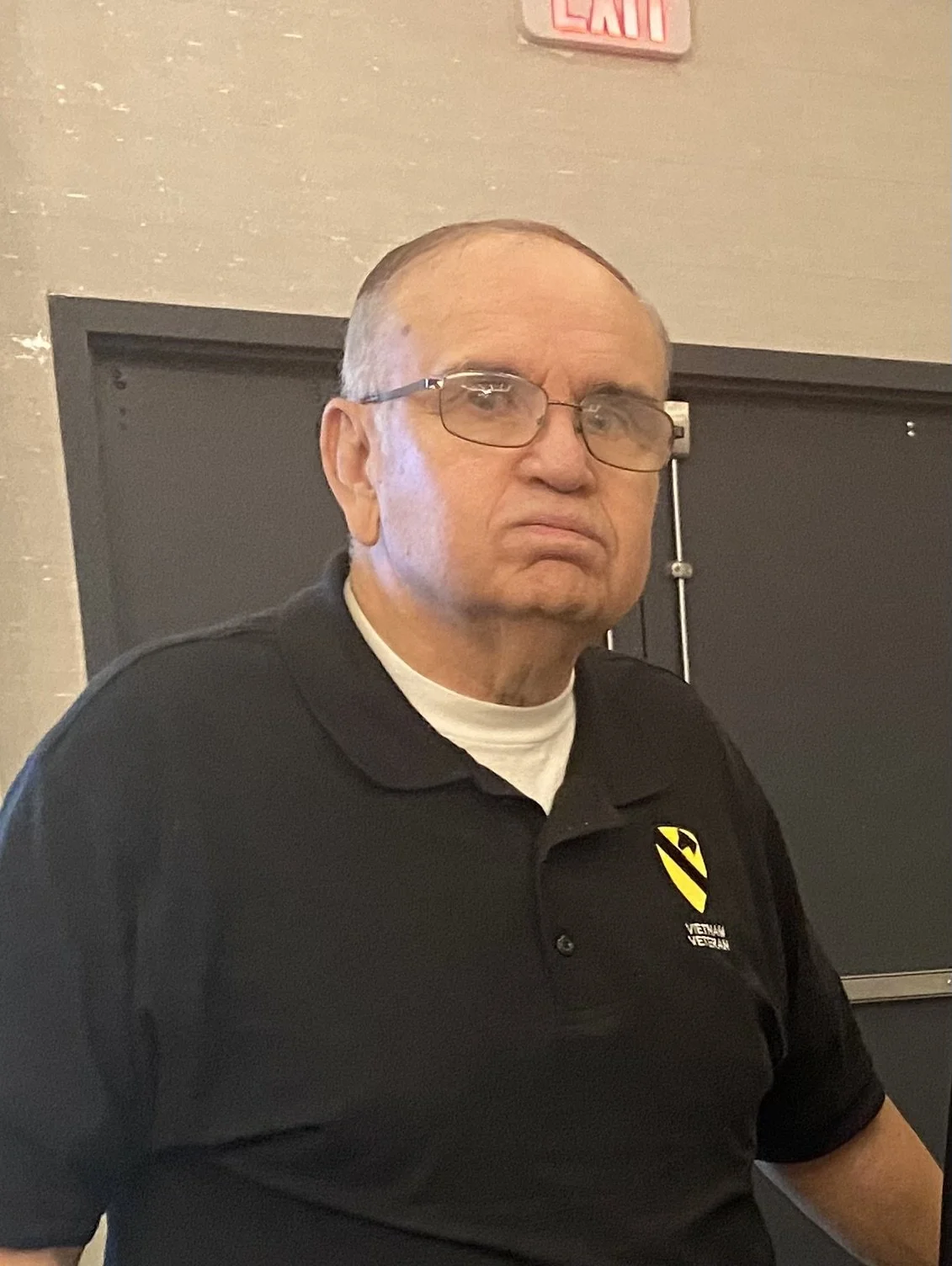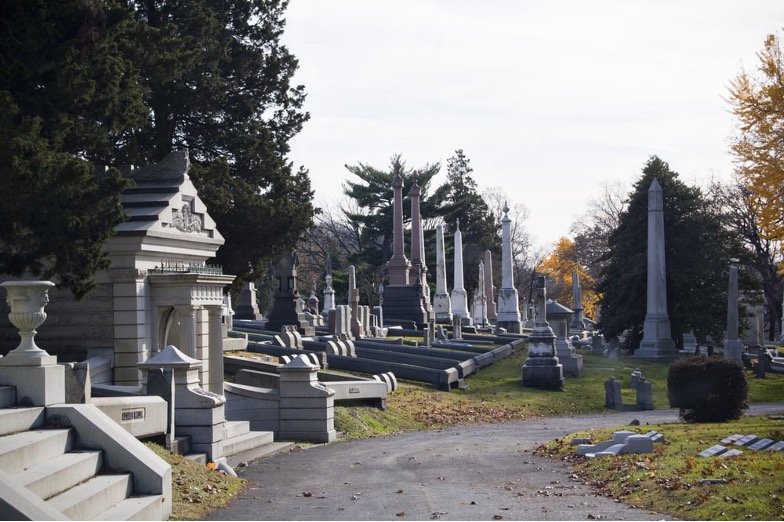CWRT of Eastern PA met November 1, 2022 at the Delta by Marriott in Fogelsville.
After another good dinner, we began the meeting with the introduction of Rich Jankowski, the President of the “Old Baldy” Civil War Round Table in central NJ. (FYI - Old Baldy was the name of Meade’s horse.) Rich, also the Director of the CWRT Congress, was present to encourage inter roundtable communication and cooperation; and to hear Rich Rosenthal’s presentation.
Rich Rosenthal, President of the North Jersey Civil War Round Table, gave a two part presentation.
Part One centered on General Order #11 of December 17, 1862, issued by General Grant as he tried to enforce the Lincoln administration’s attempt to cut off the Confederacy from all trade with the North. The trade was especially profitable for those dealing in cotton and cotton goods going north.
Since Jews were among the most prominent business people, Grant’s order stated rather harshly, “The Jews, as a class, violating every regulation of trade established by the Treasury Department, and also Department orders, are hereby expelled from the Department.”
The result was almost 1000 jews expelled, many arrested and sent off by train or boat without possessions.
Eventually the order is brought to the attention of Lincoln who tells Halleck to rescind it. Eventually Halleck writes to Grant telling him, the president’s desire. Eventually Grant acts.
Part Two dealt with Judah Benjamin - the so called brains of the confederacy. As Jefferson Davis’s right-hand man, Judah P. Benjamin was the most important Jew of the 19th century – he was also the most widely hated one in the North and portions of the South.
Yet, during his career he was a United States Senator and served the Confederacy as Attorney General, Secretary of War, and Secretary of State.
He was a proponent of slavery, but eventually proposed arming the slaves and sending them to war to fight for the CSA.
At war’s end, he escaped to Great Britain, where he resumed his law practice.
Rich presented Barry with two new books and a journal.
We thank Rich for his presentation.
We also held our monthly book raffle for preservation. A photo of the winners is below.




















